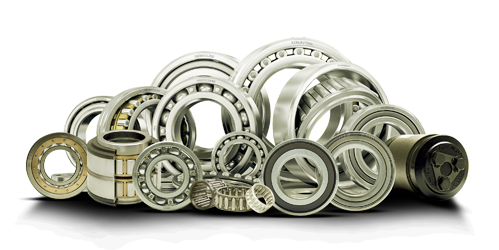Why use Lubrication for Bearings?
The prime importance of lubrication is to prevent metal-to-metal contact between sliding and rolling surfaces, causing wear and tear in the longer run. In addition, the lubrication helps avoid damage to bearings ensuring better performance and service life. It also dissipates the heat generated from friction and eliminates the chances of foreign materials interrupting bearing performance due to dust or other elements.Application of molded oil Lubricants Vs. Oil Lubricant
Different types of lubricants can be used and applied to various bearings. There are two different types of lubricants used in varied scenarios.Use of molded oil Lubricants in Bearings
Molded oil lubricants are microporous polymers filled with oil. These are particularly used in scenarios where relubrication is impossible and can offer a better option due to the non-leak characteristics. (The Polymer, Polyolefins are spongy and supply and retract the Lubricating Oil) These types of bearings are primarily used in the food industry as they protect machinery from exposure to contamination due to oil-based lubricants. It works very well in Contaminated ambiances like Material Handling.Use of Oil Lubricants in Bearings
Oil is one of the easiest methods to apply lubrication to bearings. The two oil-based lubricants used in industry are mineral oils and synthetic oil. Due to the higher temperature in ball bearings, the oil is the perfect lubrication method that can be used to Take away the heat. Therefore, the only crucial thing to consider while using oil lubricants is balancing the viscosity and Additive Base as per the bearing application.Difference between Molded oil Lubricant and Oil Lubricant
- Factors of Re-lubrication: The oil lubricants are easier to apply but may require oil changing to ensure optimal performance. In comparison, molded oil lubricants are steadier and don’t require lubrication for a longer time.
- Suitability: The molded oil lubricants can be used as a permanent or long-term solution for bearing lubrication for specific types of bearings. On the other hand, oil lubrication can be used in such applications where the circulation of bearing lube is required.
- Speed: Oil lubrication is widely recommended for high-speed bearing applications as it can eliminate heat more effectively, preventing bearings from breakdown due to high-temperature operation.
- Leaking: In such applications where leaking is a primary concern, an oil-based lubricant cannot work. Molded oil lubricants can easily be used as sealings to ensure proper lubrication due to their solid properties.










